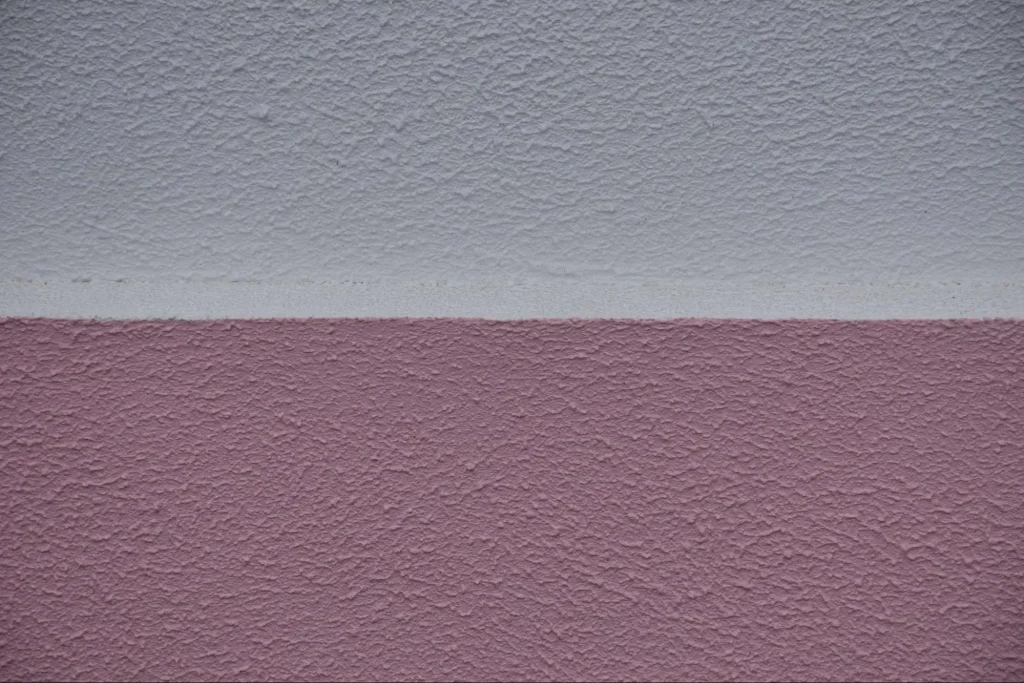
Selecting the right kind of paint for each room in your house is not just about the aesthetics; it also impacts the functionality and the overall feel of the space. The type of paint you choose should marry your personal style with the practical uses of the room. Satin, eggshell, matte—each finish has specific benefits that make it more suited for one room over another. It’s not just the finish, though; color plays a pivotal role in setting the mood of a room, reflecting your unique personality throughout your home.
Understanding the variety of paint finishes and how they correspond to the different levels of wear and tear a room might experience is critical in making an informed decision. A busy hallway requires a different kind of resilience compared to a seldom-used formal dining room. Being equipped with the right preparation and application techniques is equally crucial for achieving professional-looking results in your DIY painting project. A harmonious blend of color selection strategies and practical functionality will help you navigate the vast sea of options to achieve the ideal look for each space.
When selecting paint for various rooms in your home, consider both the room’s purpose and the characteristics unique to each space. This will ensure you choose a type of paint that not only matches your aesthetic but also stands up to the demands of the room’s function.
In the kitchen, opt for a paint that can withstand frequent cleaning and exposure to grease and steam. Semi-gloss or high-gloss finishes are best for walls and especially for cabinets and trim, as they repel moisture well and allow for easy wipe-downs.
The living room calls for a welcoming and comfortable atmosphere. Using satin or eggshell finishes enhances the ambiance and interacts with furniture and light in a way that creates a warm and inviting space. Choose colors that set the mood for relaxing or entertaining.
With high humidity levels, bathrooms benefit from paint that can resist moisture to prevent mold and mildew. A semi-gloss finish is ideal for walls in this environment, ensuring surfaces are more water-resistant and durable in the long term.
In your bedroom, the goal is to create a peaceful retreat where relaxation is key. Flatter sheens like matte or eggshell offer a serene backdrop. Keep colors soft and soothing to help relax the mind and promote a restful night’s sleep.
For a home office, look for colors that stimulate focus and energy. Brighter hues can help invigorate your workspace, while a matte or eggshell finish minimizes glare from your computer screen. The right paint can transform your work-from-home experience by energizing your environment without overwhelming it.

Choosing the right paint finish for your space can greatly influence the durability and atmosphere of a room. Each finish offers different levels of gloss, wear resistance, and ease of cleaning.
Matte and flat paints are valued for their minimal reflection and ability to cover imperfections on surfaces. They have a low sheen, which makes them excellent for ceilings and other low-traffic areas where light glare is undesired. While they can touch up easily, they are less resistant to stains and are harder to clean, so using them in a living room or adult bedroom would be more suitable than in a kitchen.
Eggshell and satin finishes strike a balance between matte and glossy paints, offering a slight sheen that stands up better to cleaning. They are highly versatile:
Semi-gloss and gloss finishes are your go-to options for high-traffic areas subject to wear and tear. Semi-gloss has a radiant sheen that resists stains and is easy to clean, making it ideal for kitchen walls, cabinets, and bathrooms. Gloss paint, boasting a high level of sheen, is typically used for trim, doors, and furniture because of its exceptional durability and resistance to scratches.
Choosing colors for your rooms involves more than just personal taste. You need to consider the room’s function, lighting, and the psychological impact colors have on mood. Here’s how to strategize your color selection effectively.
Colors significantly influence your emotional response, with each hue affecting your mood differently. Cool colors like blues and greens are often viewed as calming and can create a tranquil atmosphere. Conversely, warm colors such as reds and oranges are energizing, making them ideal for spaces where you wish to inspire activity. Neutrals can serve as a foundation, offering flexibility to decorate with various accent colors. When selecting a paint color, think about the emotion you want to evoke and choose shades that support that feeling.
Your room’s ceiling lighting will drastically change how paint colors look. Natural lightbrings out the truest hue of paint. For rooms with abundant sunlight, realize that colors might appear lighter. Artificial lighting varies: incandescent bulbs enhance warm tones, while fluorescent lighting casts a sharp, blue tone, affecting how colors are perceived. Before deciding, observe your paint choices in both natural and artificial light at different times of the day. It’s a critical step to ensure the color behaves as you desire.
To create a cohesive style throughout your home, selecting a color palette is key. Start with a base of whites and neutrals, then add layers of bold or bright colors to define your space’s character. For continuity, carry one or two colors throughout your home, adjusting the shades for variety. By systematically coordinating room colors, transitions between spaces become visually harmonious. Remember, whether you’re aiming for a vibrant, dynamic look or a subdued, elegant feel, your color palette is an essential tool in crafting your home’s atmosphere.

Prior to starting your DIY painting project, it’s crucial to select the right primer and understand the application techniques that will lead to a professional-looking finish. Remember, proper preparation prevents poor performance, and maintaining your paint job can help it withstand daily wear and tear.
Primer is essential in ensuring your paint adheres correctly and provides a uniform surface. For rooms with high moisture, such as bathrooms or kitchens, consider using a mold-resistant primer to prevent future damage. On surfaces with existing stains or where you’re making a drastic color change, an oil-based primer can provide better coverage and sealant properties.
Applying paint with the right technique is just as important as choosing the right color. For an even coat, start with a well-prepared surface and use a high-quality roller or angled brush for corners and edges. When painting, always maintain a wet edge to avoid overlap marks.
After the paint has dried, incorporating a few maintenance habits can extend the life of your paint job. Regularly clean walls gently with a soft sponge and mild detergent to remove dust and minor stains. For rooms that serve as a place for relaxation, such as bedrooms and living rooms, choose paint finishes that are calming and soothing with easier clean-up like eggshell or satin.
Implementing these steps will help you achieve a long-lasting, beautiful paint finish that stands up to the day-to-day challenges of a well-lived-in space.
Selecting the right paint is a crucial step in creating your ideal living space. Remember, the color you choose can influence the mood of the room. Soft neutrals can expand spaces, whereas bold colors can make large rooms feel cozier. When implementing your decisions, consider a company like Kaminskiy Care and Repair for professional advice and service. We ensure your room has the flawless finish it deserves. Contact us today!
Choosing the right paint for your home can transform a space. In this section, you’ll find information that will help you make informed decisions about paint types, colors, and applications for different rooms in your house.
For bedrooms, look for paint that creates a tranquil and relaxing environment. Latex-based paints are a popular choice due to their ease of cleaning and durable finish. They come in a variety of finishes, with eggshell or satin being ideal for the low-traffic nature of bedrooms.
Your living room paint should accommodate diverse activities and lighting conditions. A slightly higher gloss, like satin or semi-gloss, is recommended for living rooms due to their durability and ease of cleaning, which suits high-traffic areas.
Using the same paint color throughout your home can create a sense of continuity and harmony. However, selecting different colors for each room allows you to craft individual moods and themes that reflect the room’s purpose and your personal style.
When painting multiple rooms, start by identifying a color palette that appeals to you. Look for complementary colors and consider the transition between rooms. Utilize resources like virtual color consultations to visualize and select a harmonious range.
Selecting the right paint is a crucial step in creating your ideal living space. Remember, the color you choose can influence the mood of the room. Soft neutrals can expand spaces, whereas bold colors can make large rooms feel cozier. When implementing your decisions, consider a company like Kaminskiy Care and Repair for professional advice and service. We ensure your room has the flawless finish it deserves. Contact us today!